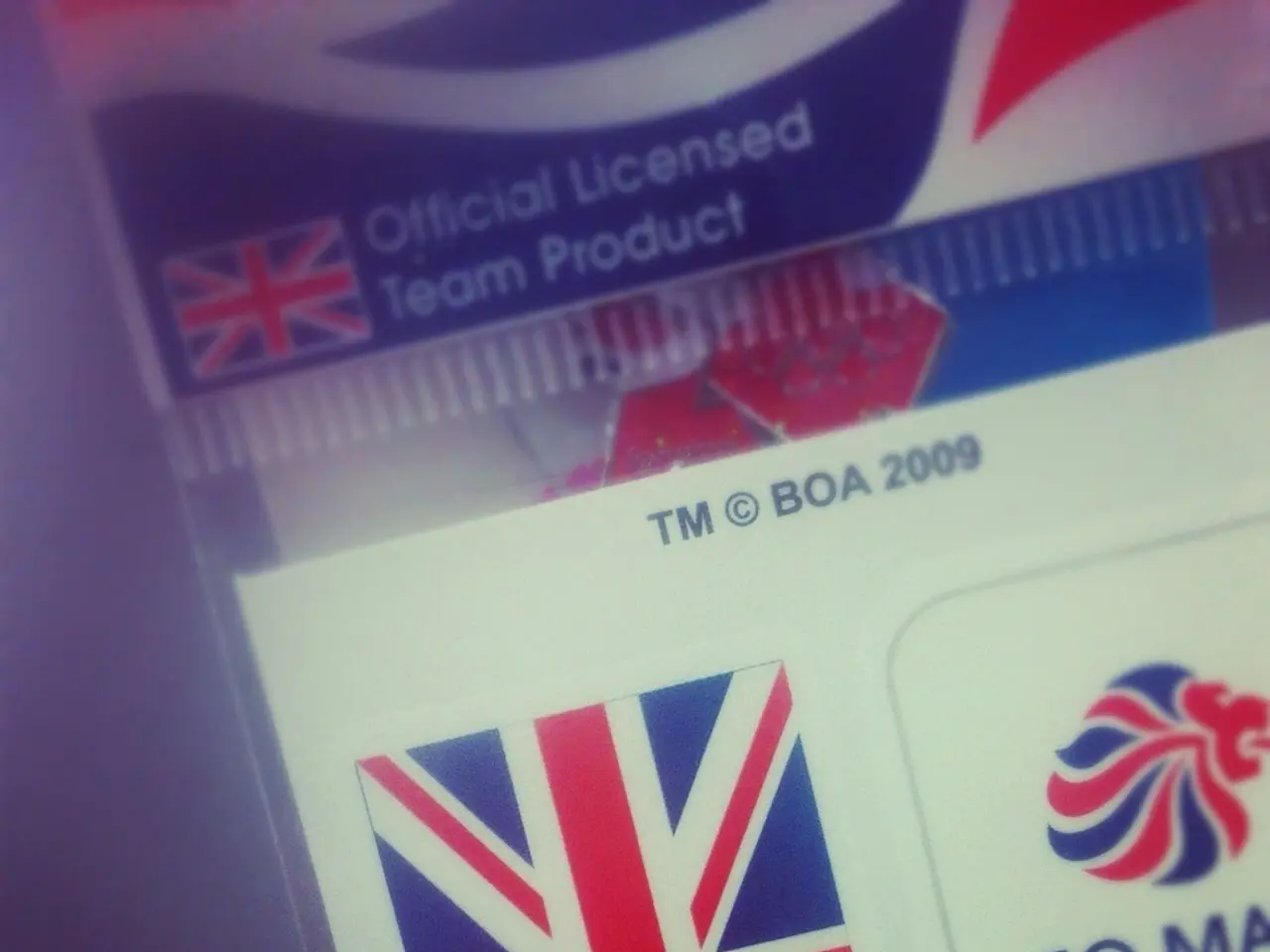Real-time Identity Intelligence Company, Heka, Secures $14 Million in Series A Funding
In a groundbreaking development, Heka, a startup based in New York and Tel Aviv, has raised $14 million in Series A funding led by Windare Ventures. This investment will accelerate Heka's expansion in the U.S., UK, and Europe, signalling strong market confidence in its ability to redefine digital identity intelligence for financial services.
Heka's AI technology is revolutionising identity verification in the financial sector by leveraging advanced AI-powered tools that analyse large volumes of publicly available web data in real time. Unlike traditional systems that depend on static records, credit scores, or blacklists, Heka builds dynamic, explainable digital profiles by aggregating signals from social, behavioural, and relational online data.
Key innovations of Heka's technology include real-time digital identity assembly, detection of synthetic fraud and account takeovers, explainability and traceability, continuous and always-on verification, and a shift from episodic snapshots to continuous awareness.
Real-time digital identity assembly allows Heka's AI to efficiently parse noisy web data into structured profiles, unifying aliases, relationships, and behavioural patterns into a clear, evidence-backed identity representation. This capability is credited with identifying 65% of account takeover losses and is specifically designed to catch synthetic fraud that traditional credit bureaus miss.
Heka's technology provides explanations for every insight and relies on traceable public data for every profile, making it a competitive necessity in highly regulated industries like banking, insurance, and pensions. Financial institutions are moving away from "black box" systems, and Heka's explainability is a significant advantage.
One of the most promising applications of Heka's technology is in fraud prevention. Its platform is designed to help institutions detect fraud, prevent risk, and reconnect with lost customers in ways that traditional systems can't. For instance, Heka could help a payment processor detect a sudden change in a user's online footprint, like a new alias appearing on obscure platforms or an address inconsistency that only shows up in a foreign-language registry.
Moreover, Heka's technology could streamline loan underwriting, making the process faster and more accurate. It could also help a pension fund administrator confirm whether a beneficiary has passed away, helping them update records without relying on delayed or incomplete government data.
In addition, Heka's technology could reactivate dormant accounts, like lost pensions or old savings, by tracing individuals through current digital breadcrumbs. This could provide a significant boost to individuals and institutions alike.
The arms race between attackers and defenders is no longer about who has the bigger firewall; it's about who has the better understanding of identity. Heka's technology offers a significant advantage in this regard, providing a vital counterbalance to new types of threats introduced by generative AI, such as deepfakes, voice clones, and synthetic personas.
Strategic investors including Barclays and Cornèr Banca have also participated in the funding round. With this investment, Heka is poised to reshape the identity verification landscape, offering a sophisticated and scalable solution that supports banks, payment processors, pension funds, and fintech companies in enhancing fraud prevention and complying with regulatory standards.
Heka's AI technology, with its ability to assemble dynamic digital profiles and detect synthetic fraud, is set to revolutionize the financial sector's approach to investing in technology, particularly in areas like fraud prevention and loan underwriting. The advanced explainability and traceability of Heka's technology offer a competitive edge, particularly in highly regulated industries, as financial institutions move away from opaque systems.




